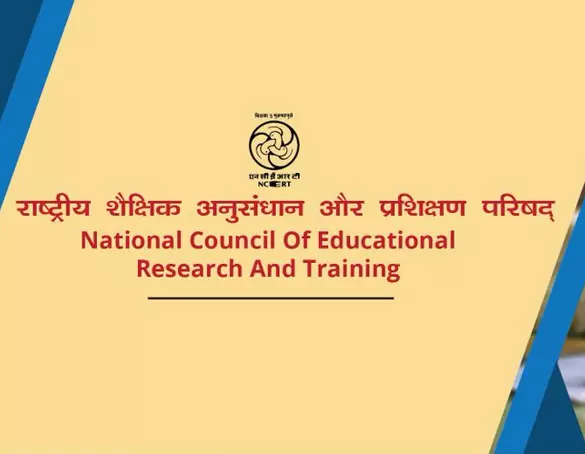Mughals history in new NCERT textbook
The latest NCERT textbooks align with the new National Education Policy, featuring chapters on Indian dynasties, sacred geography, and government initiatives while omitting mentions of the Mughals and Delhi Sultanate.

New Delhi: The first installment of NCERT’s revamped Class 7 textbooks has quietly erased every reference to the Delhi Sultanate and the Mughal Empire, replacing the medieval section with chapters on earlier Indian dynasties, “sacred geography,” recent mass events such as the 2025 Maha Kumbh in Prayagraj, and government flagship schemes ranging from Make in India to Beti Bachao, Beti Padhao. Issued in line with the National Education Policy and the 2023 National Curriculum Framework, the new Social-Science volume — now titled Exploring Society: India and Beyond — opens with Magadha, the Mauryas, the Shungas and the Satavahanas, but omits the Khaljis, Tughlaqs, Lodis and the entire Mughal period that once occupied several chapters. A fresh lesson called “How the Land Becomes Sacred” introduces the concept of “sacred geography,” mapping networks of pilgrimage sites from the twelve Jyotirlingas and the Char Dham circuit to Shakti Peethas, river confluences and revered mountains, interspersed with a Jawaharlal Nehru quotation describing India as “a land of pilgrimages.”

